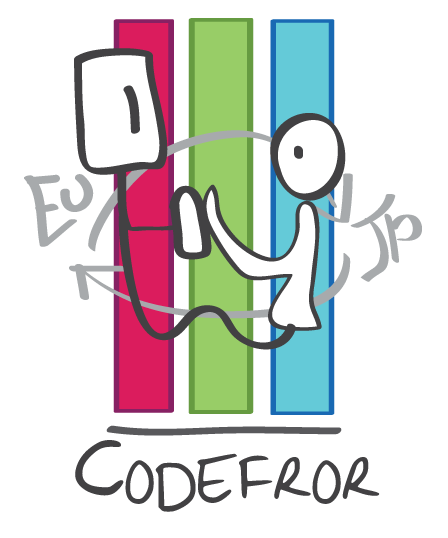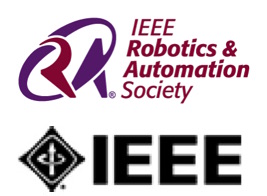Invited Speakers
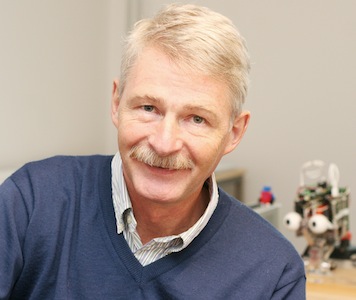
Prof. David Vernon
University of Skövde
From 2004 to 2010, David Vernon was a member of the team coordinating the EU-funded RobotCub Integrated Project, the goal of which is to develop an open-source cognitive humanoid robot: the iCub. His focus and specific responsibility was for the cognitive architecture.
In late 2006, he returned to the UAE as Professor of Computer Engineering at Etisalat University College (now Kalifa University of Science, Technology, and Research) with the specific brief to help develop the post-graduate degree programmes. He was re-appointed Head of Department in 2009.
In 2011 he joined the Institute of Cognitive Systems at the Technical University of Munich as a senior researcher.
Currently he is Professor of Informatics at the Informatics Research Centre, University of Skövde since the 1st March 2013.
David Vernon is working on a major new project, DREAM, which is funded by the European Commission to deliver the next generation robot-enhanced therapy (RET) for children with autism spectrum disorder (ASD). The goal is to develop clinical interactive capacities for social robots that can operate autonomously for limited periods under the supervision of a psychotherapist.
DREAM is a great example of a new breed of robotics - cognitive robotics - and I have the privilege of serving as one of the co-chairs of the new IEEE Robotics and Automation Society Technical Committee on Cognitive Robotics.
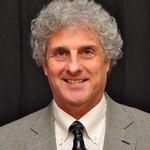
Prof. Andrew N. Meltzoff
University of Washington
Dr. Andrew N. Meltzoff holds the Job and Gertrud Tamaki Endowed Chair and is the Co-Director of the University of Washington Institute for Learning & Brain Sciences. A graduate of Harvard University, with a PhD from Oxford University, he is an internationally renowned expert on infant and child development. His discoveries about infant imitation have revolutionized our understanding of early cognition, personality, and brain development. His research on social-emotional development and children's understanding of other people has helped shape policy and practice.
Dr. Meltzoff's 20 years of research on young children has had far-reaching implications for cognitive science, especially for ideas about memory and its development; for brain science, especially for ideas about common coding and shared neural circuits for perception and action; and for early education and parenting, particularly for ideas about the importance of role models, both adults and peers, in child development.
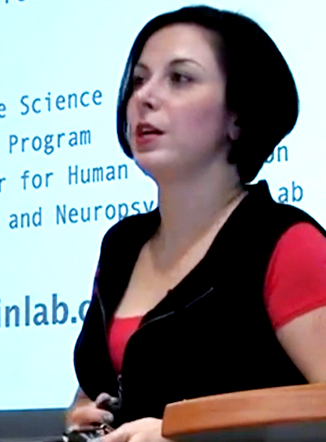
Prof. Ayse P. SAYGIN
University of California
Prof. Ayse P. Saygin directs the Cognitive Neuroscience and Neuropsychology Lab (Saygin Lab) at the University of California, San Diego, where she is an Associate Professor of Cognitive Science and Neurosciences. She received a PhD in Cognitive Science from UC San Diego, followed by a European Commission Marie Curie fellowship at the Institute for Cognitive Neuroscience and Wellcome Trust Centre for Functional Neuroimaging at University College London. She holds an MSc. in Computer Science from Bilkent University, and a BSc. in Mathematics from Middle East Technical University, both in Ankara, Turkey. Dr. Saygin and her lab study human perception and cognition using a range of experimental and computational methods, including psychophysics, EEG, MRI, fMRI, brain stimulation, neuropsychological patient studies, machine learning, and brain-computer interfaces. As an NSF CAREER awardee, Dr. Saygin has built upon her PhD and postdoctoral work to develop a research program exploring the perceptual and neural mechanisms supporting the processing biologically and socially important objects and events such as the body movements and actions of other agents. With additional support from DARPA, Kavli Institute for Mind and Brain, the Qualcomm Institute, and the Hellman Foundation, Saygin lab also aims to inform human-robot interaction by integrating methods and theory from cognitive neuroscience, neuroimaging, human perception, artificial intelligence, computational modeling, social robotics and social cognition.
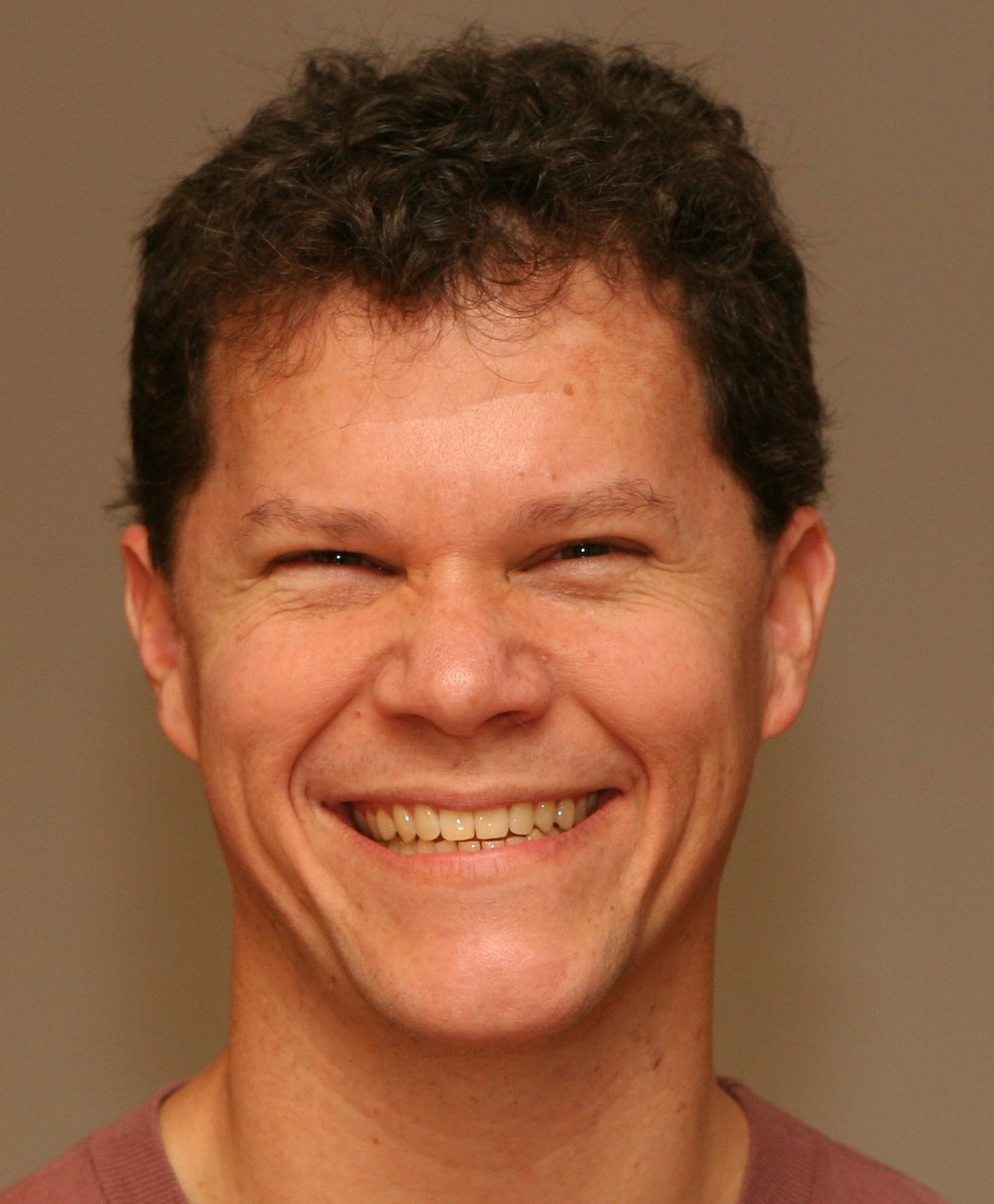
Greg Trafton
Naval Research Laboratory
Dr. Trafton received his degree in cognitive science from Princeton
University.
His research in Human Robot Interaction involves creating
computational cognitive models that perceive and think the way that
people do, putting those models on embodied platforms
(Mobile/Dexterous/Social robots), and using those models to increase
interaction capabilities between robots and people. He also works on
predicting and preventing procedural errors and predicting when an
operator becomes overloaded when managing multiple UAVs during
supervisory control.
Invited Panelists
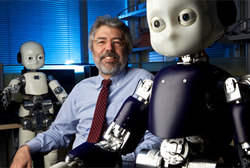
Prof. Giulio Sandini
Istituto Italiano di Tecnologia
Director of research at the Italian Institute of Technology and full professor of bioengineering at the University of Genoa.
His main research interests are in the fields of Computational and Cognitive Neuroscience and Robotics with the objective of understanding the neural mechanisms of human sensorimotor coordination and cognitive development from a biological and an artificial perspective. He graduated in Electronic Engineering (Bioengineering) at the University of Genova. He has been assistant professor at the Scuola Normale Superiore in Pisa and Visiting Scientist at the department of neurology of the Harvard Medical School and at the Artificial Intelligence lab at MIT. Since 2006 he is Director of Research at the Italian Institute of Technology where he leads the Department of Robotics, Brain and Cognitive Science.

Prof. Minoru Asada
Osaka University
Prof. Minoru Asada received Ph.D. in control engineering from Osaka University in 1982. Since 1997, he has been a Professor of the department of Adaptive Machine Systems at the Graduate School of Engineering, Osaka University. He was the president of the International RoboCup Federation (2002-2008) and was the Research Director of "ASADA Synergistic Intelligence Project" of ERATO (2005-2012). In 2012, the Japan Society for Promotion of Science (JSPS) named him to serve as the Research Leader for the Specially Promoted Research Project (Tokusui) on Constructive Developmental Science Based on Understanding the Process From Neuro-Dynamics to Social Interaction. Since 2013, he has been the director of the division of cognitive neuroscience robotics, the Institute for Academic Initiatives (IAI), Osaka University.

Copyright (c) Yukie Nagai and Katrin Solveig Lohan All Rights Reserved.





